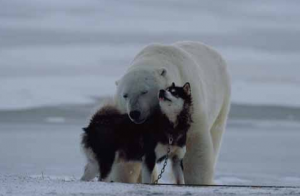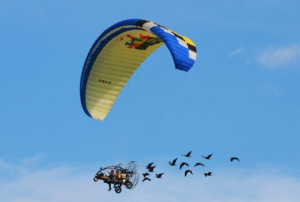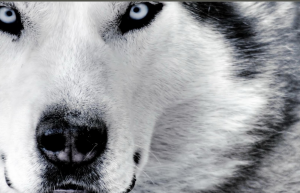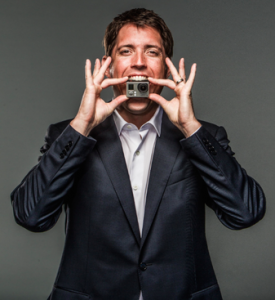 Many of us—even when we experience success—are uncomfortable with the idea of using our instincts as a guidance tool. We are embarrassed to say that we follow hunches, we mistrust the sometimes-cryptic messages that our instincts send to us, and consequently we diminish our capacity to leverage the power of our own instincts when we need them most. Our discomfort with the idea of relying on our instinct is based on millennia of cultural prejudice.
Many of us—even when we experience success—are uncomfortable with the idea of using our instincts as a guidance tool. We are embarrassed to say that we follow hunches, we mistrust the sometimes-cryptic messages that our instincts send to us, and consequently we diminish our capacity to leverage the power of our own instincts when we need them most. Our discomfort with the idea of relying on our instinct is based on millennia of cultural prejudice.
Leaving all commentary on the value and importance of religion aside, we can still make the observation that most Judeo-Christian religions arrived, in one way or another, as the conclusion that our often crude instinct-driven impulses for food, pleasure, and aggression can stand in the way of spiritual growth and ascension. Think of the common phrase, “We are not like animals.” It tells us that the assumed difference between humans and animals is humans’ ability to reason with our instinctual impulses, and the unspoken message is that reason is a higher and better quality to possess. The thing is, not only are we like animals, we are animals. However, we are animals with the distinct advantage of having both instinct and reason at our disposal. So we don’t actually have to reject either morality of instinct, rather, we have the capacity to honor and call upon both.
What’s more, as much as we may associate “animal instinct” with predation or violent “dog-eat-dog” behavior, the truth is that animals also have an extraordinary capacity for collaboration and playfulness, even with partners who are their enemies (or their lunch) in the animal kingdom. Dr. Stuart Brown has observed animals at length. His research shows an extraordinary series of photographs taken in Manitoba, Canada, by a photographer who captured a chance encounter between a 1,200-pound wild male polar bear and a pack of huskies, the beautiful domesticated dogs that are typically used to pull sleds. In the first frame, the polar bear is seen approaching the huskies with a distinctive predatory gaze. In the next, we see one husky come forward toward the polar bear in what Dr. Brown calls a “play bow,” wagging her tail. In subsequent frames we see the polar bear’s attitude toward the husky transform from predation into playfulness. He withdraws his claws and softens his gaze. They begin to play together and dance around. The polar bear allows the husky to playfully bite his jaw, and the husky allows the polar bear to playfully bite her bared neck. The sequence ends with the polar bear cuddling the husky under his neck.
Instinct can level an otherwise unlevel playing field, as it did with the polar bear and the husky. The husky’s playful approach was the first step in shifting the polar bear’s approach from predatory to conciliatory. With instinct, a quantifiable power advantage can be disabled, which is both a fantastic realization and simultaneously daunting responsibility. What we can take away from this is that instinct is about relationships and instantaneous adaptation to circumstances, and it is about reproduction, territorial protection, and aggression alike. What matters is intention and choosing how we use instinct. As humans, it is our duty to channel our instinctual powers and put them to creative use. Repressing them or devaluing them in the name of logic, or assigning instinct roles it cannot fulfill (such as to be analytically predictive or rational) are not appropriate answers. Play is an incredibly inventive way to leverage instinct.
Excerpted from The Intuitive Compass, Jossey-Bass, 2011.



